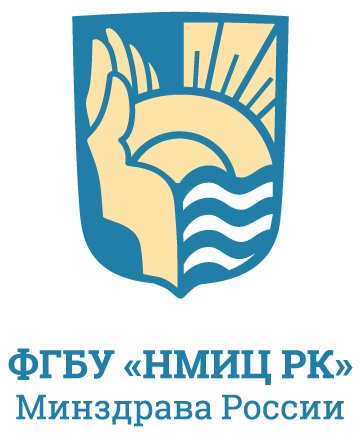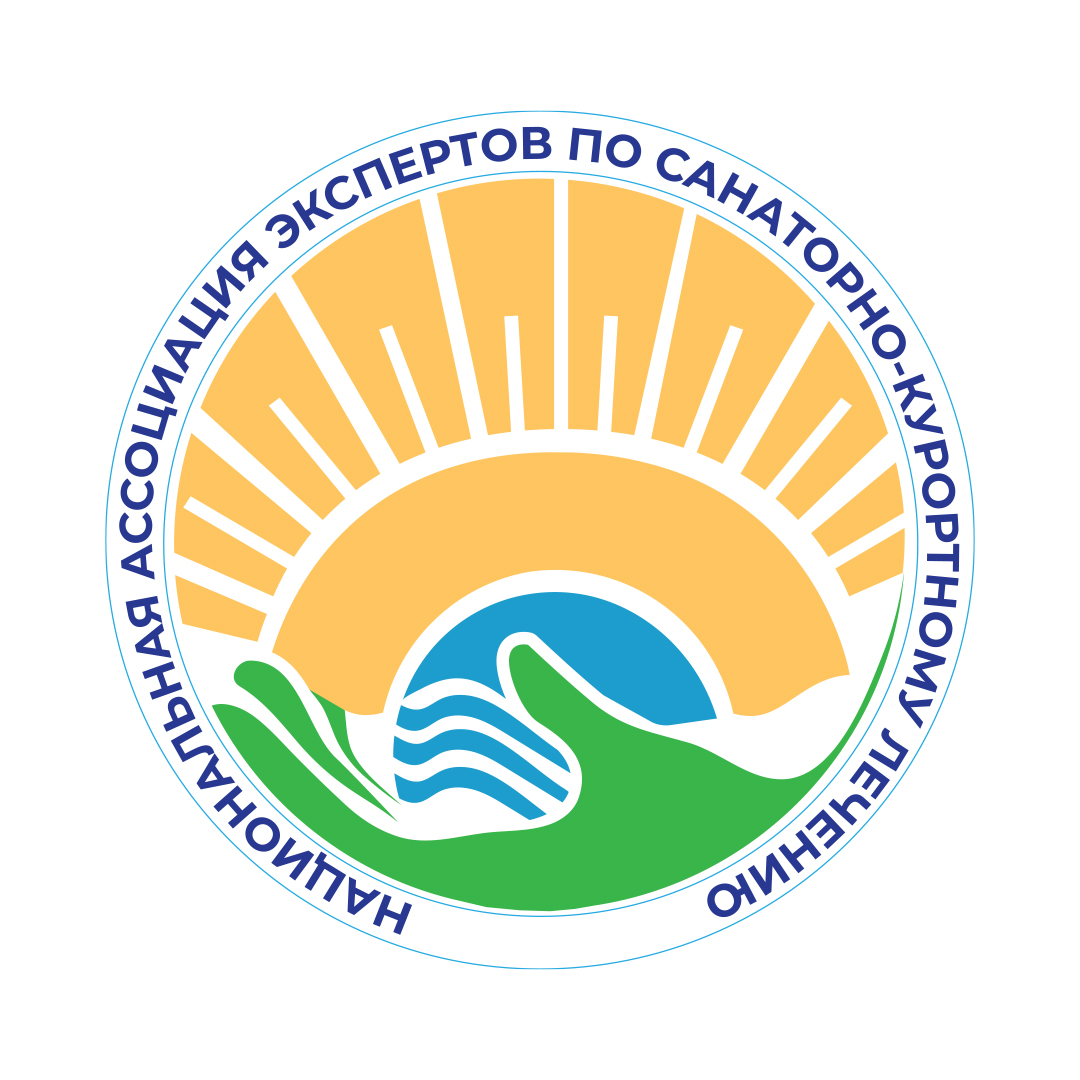Issue 6-10, 2020
Original article
Assessment of Personal Qualities Formation from the Position of Functional-Role Framework in the Interests of Psychologien Health of the Students
1 ![]() Syrkin L.D., 1
Syrkin L.D., 1 ![]() Lyapin A.S., 2
Lyapin A.S., 2 ![]() Shakula A.V.
Shakula A.V.
1 State Social and Humanitarian University, Kolomna, Russian Federation
2 National Medical Research Center of Rehabilitation and Balneology, Moscow, Russian Federation
ABSTRACT
Research purpose was to develop a framework for the systematic assessment of the personal qualities formation in graduates ofeducational institutions in regard of preventing behavioral deviations and risks reduction of personal student’s development vectorchanging. An indicator of the effectiveness of this activity is the normative students’ behavior, based on the value system enshrined inthe Federal State Educational Standard (FSES) in the form of a personal “portrait of a graduate of the school”. However, the evaluationcriteria and the methodology for identifying these qualities are not presented in the Federal Educational Standard.
Methods and techniques. The methodological basis of the study is a functional-role approach. During the empirical study, the methodof expert assessments and the method “Repertory Lattices” by J. Kelly were used.
Results and scientific novelty. To achieve the goal of the study, we have proposed a methodology for identifying and evaluatingthe formation of a educational institution graduate’s personal qualities. The methodological basis of the study is a functional-role approachthat allows systematisation of personal qualities in accordance with FSES. An important feature of the approach implementedis the ability to assess personal characteristics that form the inner picture of the world and the subjective values system of the student,which ensures compliance with the requirements of the FSES general education to diversify the psychological and pedagogical supportof the educational process, socialization and education of students.Practical significance. The implemented of the framework as a diagnostic tool would facilitate to interface and simultaneously solvetwo diagnostic problems. The use of “Repertory grids” allows us to overcome the distortion of the results of the study in the interestsof achieving social approval and reconstruct the values system and meanings of the subject. The use of psychosemantics methodsin combination with a functional-role approach provides the ability to score subjective-personal characteristics that form the innerpicture of the world and the subjective system of values of students.
KEYWORDS: Assessment of personal qualities formation, prevention, risk groups, functional-role approach, personal “portrait of the graduate,” values of civil society, skills of normative forms of behavior, hygiene of health
FOR CITATION: Syrkin L.D., Lyapin A.S., Shakula A.V. Assessment of Personal Qualities Formation from the Position of Functional-Role Framework in the Interests of Psychologien Health of the Students. Bulletin of Rehabilitation Medicine. 2020; 6 (100): 33–38. https://doi.org/10.38025/2078-1962-2020-100-6-33-38
References:
- Durgeym E. Samoubijstvo: sociologicheskij etyud [Suicide: a sociological etude]. M. Thought.1994: 399 p. (In Russ.).
- Fromm E. Anatomiya chelovecheskoj destruktivnosti [Anatomy of human destructiveness]. M. ACT-Ltd. 1998: 672 p. (In Russ.).
- Bandura, A. Podrostkovaya agressiya: izuchenie vliyaniya vospitaniya i semejnyh otnoshenij [Adolescent aggression: study of the influence of upbringing and family relations]. M. EKSMO-Press. 2000: 509 p. (In Russ.).
- Berkowitz L. Agressiya. Prichiny, posledstviya i kontrol’ [Aggression. Causes, consequences and control]. Saint Petersburg. Neva. 2001: 512 p. (In Russ.).
- Harre R. Teoriya pozicionirovaniya [The theory of positioning]. Bulletin of the Udmurt University Series “Philosophy. Psychology. Pedagogy”. 2007; (9): 193203 (In Russ.).
- Parygin B.D. K voprosu o predmete social’noj psihologii [On the subject of social psychology]. Questions of psychology. 1962; (5):107-112 (In Russ.).
- Lichko A.E. Psihopatii i akcentuacii haraktera u podrostkov. Izd. 2-e, dop. [Psychopathy and character accentuation in adolescents. 2nd ed., add]. L. Medicine. 1983: 256 p. (In Russ.).
- Kleiberg Yu.A., Shehzadova N.V. Social’naya rabota i profilaktika deviantnogo povedeniya podrostkov [Social work and prevention of deviant behavior of adolescents]. Tver’. 2000: 375 p. (In Russ.).
- Syazina N.Yu., Safonicheva O.G. Rol’ novyh vosstanovitel’nyh tekhnologij v formirovanii individual’nogo stilya deyatel’nosti detej s ogranichennymi voz-mozhnostyami zdorov’ya [Ihe role of new recovery technologies in the formation of an individual style of activity of children with disabilities]. Bulletin of Rehabilitation Medicine. 2014; 4(62): 42-46 (In Russ.).
- Velichkovsky B.M., Ushakov V.L. Cognitive science and novel medical technologies. Sovremennye tehnologii v medicine. 2019; 11(1): 8-15. https://doi. org/10.17691/stm2019.11.1.01
- Osin E.N., Leontiev D.A. Brief Russian-Language Instruments to Measure Subjective WellBeing: Psychometric Properties and Comparative Analysis. Monitoring of Public Opinion: Economic and Social Changes Journal. 2020; (1): 117-142. https://doi.org/10.14515/monitoring.2020.1.06
- Leontiev. D.A. Human Being and Lifeworld: From Ontology to Phenomenology. Кul’turno-istoricheskaya psikhologiya. Cultural-historical psychology. 2019; V.15(1): 25-34. https://doi.org/10.17759/chp.2019150103
- Leontiev D.A. Cultural-Historical Activity Theory in the Framework of the “Functional Paradigm”. Кul’turno-istoricheskaya psikhologiya. Cultural-Historical Psychology. 2020; V.16(2): 19-24. https://doi.org/10.17759/chp.2020160203
- Miroshnik, E.V., Nazarova K. A. Zdorov’e sberegayushchaya tekhnologiya po formirovaniyu emocional’nogo intellekta lichnosti podrostka [Saving health technology for the formation of the emotional intelligence of the personality of a teenager]. Bulletin of Rehabilitation Medicine. 2019; (1): 57-61 (In Russ.).
- Pristupa E.N. Social’no-pedagogicheskaya model’ formirovaniya zdorovoj lichnosti rebyonka [Socio-pedagogical model of the formation of a healthy personality of a child]. Bulletin of Kostroma State University named after N.A. Nekrasov. Scientific and methodological journal. Kostroma. KSU Publishing House. 2006; V.12(3): 73-77 (In Russ.).
- Odarushchenko O.I. Emocii i psihologicheskoe zdorov’e lichnosti [Emotions and psychological health of the personality]. Russian Scientific Journal. 2011; 6(25): 244-250 (In Russ.).
- Odarushchenko O.I. Osobennosti psihologicheskogo zdorov’ya studentov [Features of psychological health of students]. Russian Scientific Journal. 2012; 4(29): 266-275 (In Russ.).
- Safonicheva M.A., Nalyvaiko G.A., Safonicheva O.G., Minenko I.A., Kobzar Yu.V. Novye diagnosticheskie tekhnologii i metody nelekarstvennoj reabili-tacii detej s narusheniem intellektual’nogo razvitiya [New diagnostic technologies and methods of non-medical rehabilitation of children with impaired intellectual development]. Bulletin of Rehabilitation Medicine. 2011; (3): 42-46 (In Russ.).
- Syrkin L.D., Bubeev Yu.A., Usov V.M. Vyyavlenie osobennostej semanticheskogo prostranstva lichnosti v polyarnyh gruppah studentov s nizkim i vyso-kim lichnostnym adaptacionnym potencialom [Identification of features of the semantic space of personality in polar groups of students with low and high personal adaptation potential]. Theory and practice of applied and extreme sports. 2012; 2(24): 30-32 (In Russ.).
- Lyapin A.S., Syrkin L.D. Nekotorye metodicheskie podhody k analizu federal’nyh gosudarstvennyh obrazovatel’nyh standartov (FGOS) srednego obrazovaniya v kontekste psihogigieny social’nogo zdorov’ya uchashchihsya [Some methodological approaches to the analysis of federal state educational standards (GEF) of secondary education in the context of the psychohygiena of social health of students]. Bulletin of Rehabilitation Medicine. 2015; 6(70): 69-73 (In Russ.).

The content is available under the Creative Commons Attribution 4.0 License.
©
This is an open article under the CC BY 4.0 license. Published by the National Medical Research Center for Rehabilitation and Balneology.




